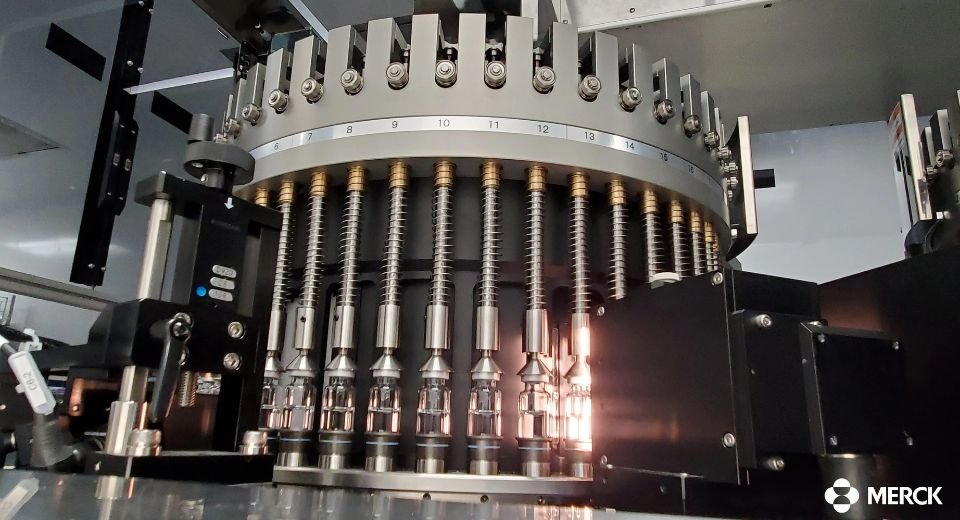HQ Team
August 8, 2024: Merck & Co., has stopped an end-stage combination immunotherapy trial for a lung cancer condition, following recommendations from an independent data monitoring committee, which indicated the drug wouldn’t succeed due to a higher rate of adverse events.
“Merck is notifying study investigators of the decision and that patients should stop ongoing treatment with the fixed-dose combination of vibostolimab and pembrolizumab and be offered the option to be treated with atezolizumab,” according to a statement.
When compared to patients in the control arm, patients in the vibostolimab and pembrolizumab fixed-dose combination arm experienced a higher rate of adverse events and immune-related adverse events.
The trial evaluated the investigational fixed-dose combination (coformulation) of vibostolimab, an anti-TIGIT antibody, and pembrolizumab (Keytruda), Merck’s anti-PD-1 therapy, in combination with chemotherapy compared to atezolizumab.
The drug was meant as a first-line treatment of patients with extensive-stage small-cell lung cancer, according to the statement.
Enhance immune response
Anti-TIGIT antibodies, a class of immunotherapeutic agents, are a new therapy in treating solid tumours.
By targeting multiple immune checkpoints, these therapies aim to enhance the overall immune response against tumours potentially leading to better clinical outcomes and prolonged survival for patients with cancer.
The development of anti-TIGIT antibodies represents a promising area in cancer immunotherapy, particularly for patients who do not respond adequately to existing treatments.
Other companies working on anti-TIGIT antibodies include Gilead Sciences, Roche and GSK.
Merck stated that a comprehensive analysis of results is ongoing and will be shared with the scientific community.
‘Difficult disease to treat’
“Small cell lung cancer remains a difficult disease to treat, as evident by the seven per cent five-year survival rate and limited advancements in treatment options,” said Dr Marjorie Green, senior vice president and head of oncology, global clinical development, Merck Research Laboratories.
“Innovative research plays a critical role in improving our understanding to help patients achieve better outcomes, and while we hoped the results would be different, we remain committed to investigating novel approaches to treat this debilitating disease.”
The trial for small cell lung cancer enrolled 460 patients.
In May Merck discontinued another cancer experimental immunotherapy treatment in patients with a severe form of melanoma due to side effects.
Merck was testing the combination drug, vibostolimab, an anti-TIGIT antibody, and pembrolizumab (Keytruda) Merck’s anti-PD-1 therapy, compared to Keytruda alone, as adjuvant treatment for patients with resected high-risk melanoma.
Gastric cancer
In June last year Merck Group’s investigational drug Keytruda, to treat gastric cancer, failed to meet one of its two set goals.
Lung cancer is the leading cause of cancer death worldwide. In 2022 alone, there were approximately 2.48 million new cases and 1.8 million deaths from lung cancer globally.
In 2024, the overall five-year survival rate for patients diagnosed with lung cancer is 25% in the US. Improved survival rates are due, in part, to earlier detection and screening, reduction in smoking, advances in diagnostic and surgical procedures, as well as the introduction of new therapies.
The two main types of lung cancer are non-small cell and small cell. Small cell lung cancer accounts for about 15% of all lung cancers, according to the Merck statement.
Patients with small cell lung cancer have a particularly poor prognosis, with an estimated five-year survival rate of 7% for patients in the US with any stage of the disease.
Early detection and screening remain an important unmet need, as 44% of lung cancer cases are not found until they are advanced.








